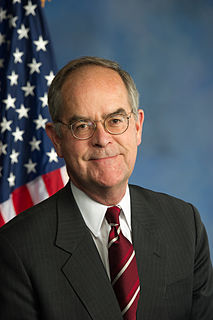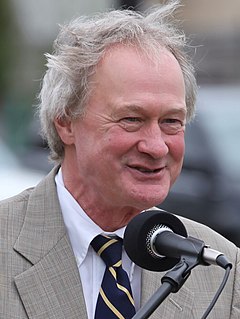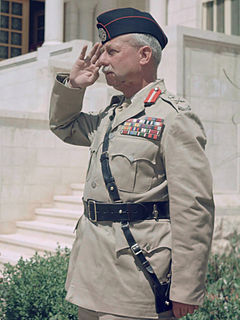A Quote by Thomas Sowell
What does calling this medical care legislation "historic" mean? It means that previous administrations gave up the idea when it became clear that the voting public did not want government control of medical care. What is "historic" is that this will be the first administration to show that it doesn't care one bit what the public wants or doesn't want.
Related Quotes
How, voters will ask, can we cover 50 million new people without any new doctors or nurses? The answer is to ration health care, with the U.S. government deciding whom will get hip and knee replacements, heart bypass surgery and all manner of medical treatments. And what does rationing mean? It means that the elderly will be denied care, which they can now get whenever they want it.
The field of U.S. cancer care is organized around a medical monopoly that ensures a continuous flow of money to the pharmaceutical companies, medical technology firms, research institutes, and government agencies such as the Food and Drug Administration (FDA) and the National Cancer Institute (NCI) and quasi-public organizations such as the American Cancer Society (ACS).
It is taken for granted that workers should receive their pay partly in kind, in the form of medical care provided by the employer. How come? Why single out medical care? Surely food is no less essential to life than medical care. Why is it not at least as logical for workers to be required to buy their food at the company store as to be required to buy their medical care at the company store?
[Veterans] have been treated very badly.That includes - veterans' choice so veterans can either attend a public V.A. facility or if they have to wait online like they've been doing, sometimes for as much as seven days and then still not get proper care, they'll go to a private medical center or they'll go to a private or public or something, they will go outside .they'll go to a private doctor, they'll go to a private hospital, they'll go to a public hospital. We're going to get them care and we're going to pay for their - that care.
Now, it is sometimes said that medical care is too important to be left to the market, and that it is immoral to profit from the illnesses of others. I say medical care is too important to be left to the failed central plans of the political class. And as for profiting from providing medical care, we can never be reminded enough that in a free society, a profit is a signal that valuable services are being rendered to people on a voluntary basis.
The truth is, the vast majority of medical care for lower income people in America is shitty. If you go to a free clinic to receive any form of care, the majority of those will be overcrowded with nurses who are tired because they have to work with so many people. We are not a country that invests public money into taking care of poor people, so we usually rely on clinics with very overburdened and underpaid staff.
Medical disenfranchisement is fueled by a host of factors that include worsening shortage of primary care doctors in needy communities and a troubling scarcity of providers willing to treat the uninsured or publicly insured. Adding to the trend are fewer medical students choosing primary care over more lucrative and specialized fields.
By Mamun's time medical schools were extremely active in Baghdad. The first free public hospital was opened in Baghdad during the Caliphate of Haroon-ar-Rashid. As the system developed, physicians and surgeons were appointed who gave lectures to medical students and issued diplomas to those who were considered qualified to practice. The first hospital in Egypt was opened in 872 AD and thereafter public hospitals sprang up all over the empire from Spain and the Maghrib to Persia.



































